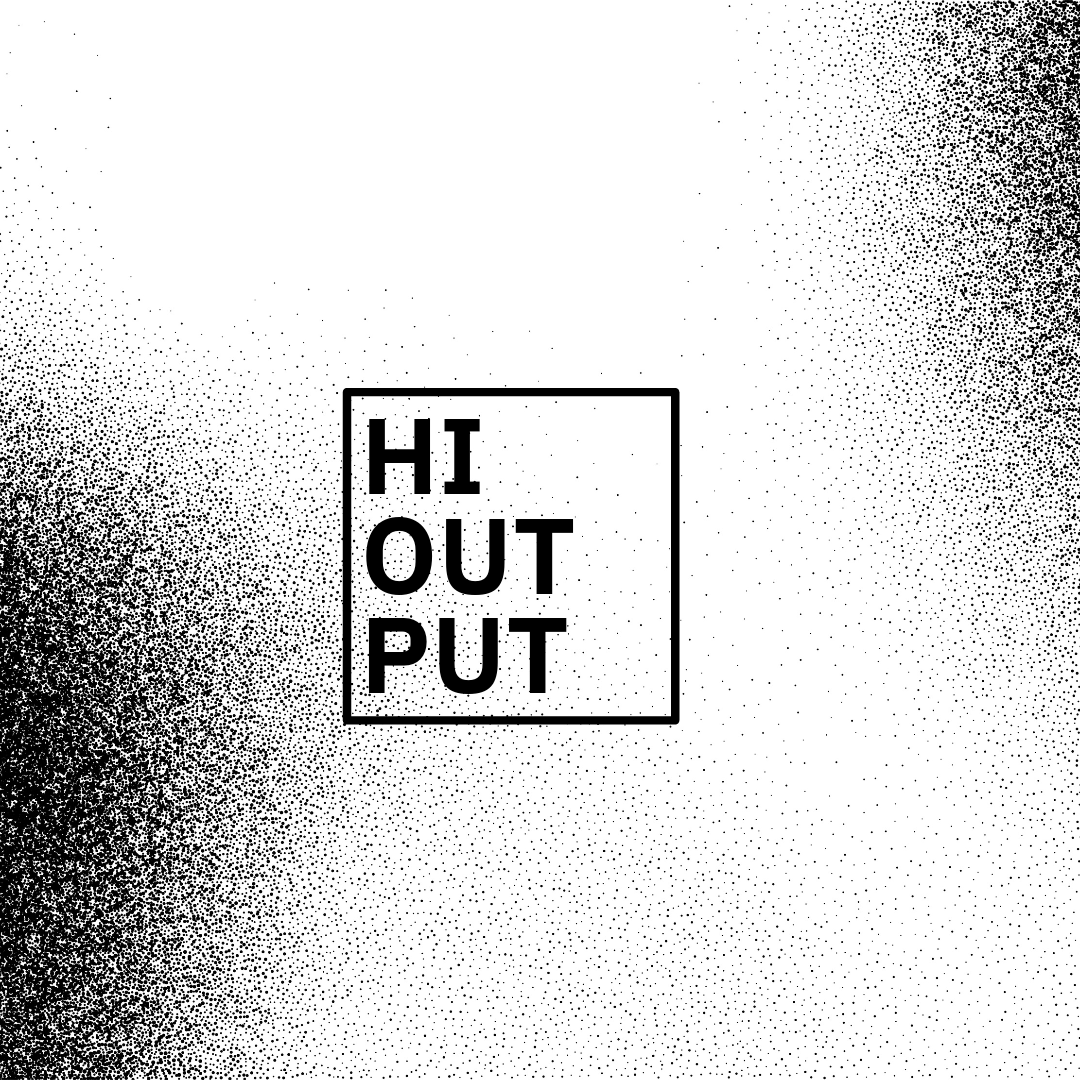Blog #2 in the series on mental and physical performance, context: Male, 29 years old,
Early in my career I struggled with burnout. Like many people in my early twenties I had grand aspirations, little patience, and a limited income to address this issue. So, I was largely forced to take more responsibility for and control over health outcomes in my life without relying on expensive medical treatments or medical evaluations. The following framework is a method that I developed as a result of these mental health issues and a strong desire to continue to maximize my mental and physical performance over the long term.
The following suggestion is in the same spirit as my post on Maslov's hierarchy of needs but applied more directly to wellness. Consider the following list as additive, you can't focus on 2 without sufficiently satisfying 1 and so on.
- Sleep - The most foundational of all of these elements it serves as a primary mechanism to avoid burnout and recharge on a daily basis. Virtually every element of human performance is repaired, reinforced, or re-written during this stage. It is crucial to ensure that you are getting enough high quality sleep on a daily basis.
- Diet/Hydration - Assuming that most individuals are meeting minimum calorie consumption needs, diet follows sleep in importance. what we eat is known to significantly reduce the chances of suffering catastrophic health events (like heart attack and stroke). It also provides us with the energy to build, repair, and stress our bodies whether mentally or physically. Targeted Fasting is showing signs of producing beneficial results for longevity.
- Exercise - In the last 10 years exercise has become an increasingly important part of positive physical and mental health outcomes. Coupled with sufficient sleep and a healthy diet, consistent exercise has the ability to increase confidence, physical and cardiovascular strength, as well as improve mental health and mood.
- Meditation - A relatively new entrant in the mainstream wellness space, meditation can further sharpen and enhance our ability to perform and endure. In my own experience, meditation has materially increased my ability to handle stress and expanded my capacity to learn and improve.
- Rest & Relaxation & Reward - For all the science that speaks to the consistency of action, it is equally important to allow your mind and body time to recharge, relax, & reward. Taking a defined break in productive output whether mental or physical can accelerate your ability to improve, increase your commitment, and improve your overall happiness.
- Relationships - Humans are inherently social and more and more studies are showing the impact of partnership on long term health outcomes. Very often we can find confidence, reassurance, genuine help in the relationships that we cultivate with others. Despite spending material time on yourself as the first 5 bullets suggest, it is also incredible important to introduce others into your wellness journey.
- Supplementation - Lastly in the scope of health outcomes I believe in the very limited applications of supplementation. In performance subcultures today there are examples of microdosing or nootropics but I largely think that these products shouldn't be used to fill a fundamental gap in the above health hierarchy. For example, caffeine is not a replacement for sleep although many individuals today seem to think so. However, it can be an exceedingly useful tool in the right context.
The articles in this category will address each of these areas with further links and resources to further build on this idea as well as build on the claims above with specific evidence. Click here for the first installment in the series on Sleep.





Leave a comment
All comments are moderated before being published.
This site is protected by hCaptcha and the hCaptcha Privacy Policy and Terms of Service apply.